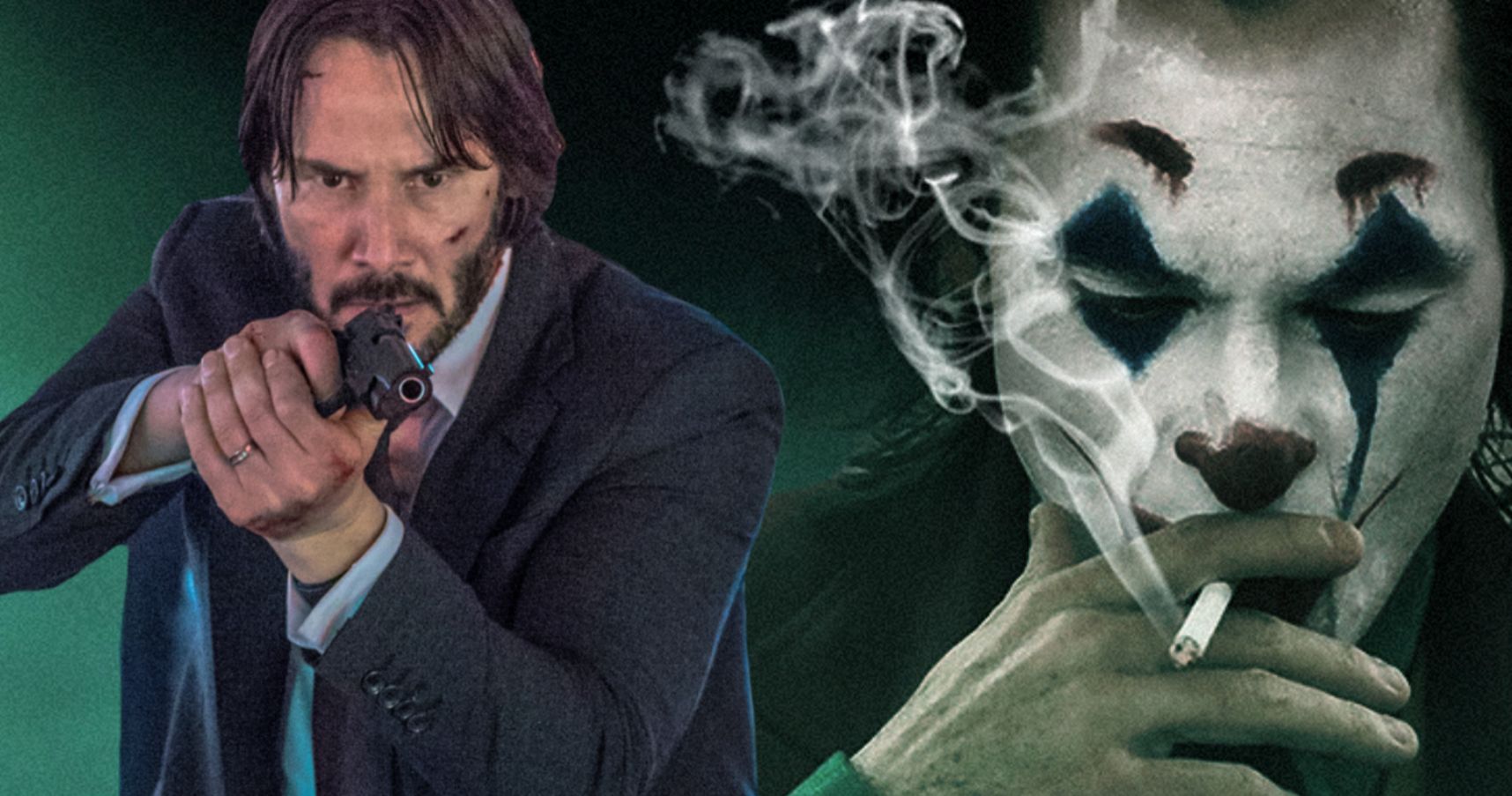Joker is tracking for great success at the box office when it is released early next month, but not everyone is thrilled about its release. From director Todd Phillips, the movie has been generating controversy in the weeks leading up to its premiere based on its subject matter. Chief among the concerns is that the movie depicts a white man shooting people, and some feel this kind of brutal violence is too reminiscent of real-life's mass shootings in America. Responding to the complaints, Phillips offers his thoughts on the situation and seems confused as to why Joker is taking all the heat while bloodier action movies seem to get a free pass.
"I mean, I think that Aurora is obviously a horrible, horrible situation, but even that is not something you blame on the movie. Quite frankly, if you do your own research about Aurora, that gentleman wasn't even going in as Joker. That was misreported. His hair was dyed red, he was having, obviously, a mental breakdown. There's something horrifying about it, but it wasn't related to it outside of the fact that it happened at a movie theater.
But this is not the thing that the movie is trying to represent. The movie still takes place in a fictional world. It can have real-world implications, opinions, but it's a fictional character in a fictional world that's been around for 80 years. The one that bugs me more is the toxic white male thing when you go, 'Oh, I just saw John Wick 3.' He's a white male who kills 300 people and everybody's laughing and hooting and hollering. Why does this movie get held to different standards? It honestly doesn't make sense to me."
Certainly, Todd Phillips raises up a valid point by pointing to John Wick 3. Of course, the obvious difference here is that the Clown Prince of Crime is a villain while John Wick is an anti-hero. Still, he's in a clown outfit and is based on a comic book character who's been depicted this way for many decades, so there really isn't much that's new here. Although Joker introduces an original origin story for the classic Batman villain, his murderous behavior is very much in line with how the supervillain has often been portrayed in other movies, TV shows, comic books, and video games. It's also far from the only violent movie to be showing in theaters this year, so it may be difficult for Phillips and others to understand what makes Joker so much worse.
Even if the reports of the Aurora shooter dressing up as the Joker turned out to be inaccurate, the movie still won't be shown at the same theater out of respect to the families of the victims. Because of the continued backlash, Warner Bros. has even stepped in for a comment on the controversy, making it clear there is no intent to glorify the sinister character or his evil actions. "Make no mistake: neither the fictional character Joker, nor the film, is an endorsement of real-world violence of any kind," the company said in a statement. "It is not the intention of the film, the filmmakers or the studio to hold this character up as a hero."
In Joker, Joaquin Phoenix will star as Arthur Fleck, a failed comedian whose downward spiral leads to the pursuit of a life of crime. The movie serves as an origin story for the Joker, showing how he comes to be the most powerful and feared criminal in Gotham City. In addition to Phoenix, the movie also stars Robert De Niro, Zazie Beetz, and Frances Conroy. It will also have no connection whatsoever to any past DC-based movie, nor will it cross over with Matt Reeves' upcoming standalone movie The Batman.
Joker is set to premiere in theaters on Oct. 4. Despite the concerns, the movie will more than likely have a tremendous run at the box office, but we probably shouldn't count on seeing a Joker 2. Phillips' response to the Joker controversy comes to us from Associated Press, and you can watch the interview below.

